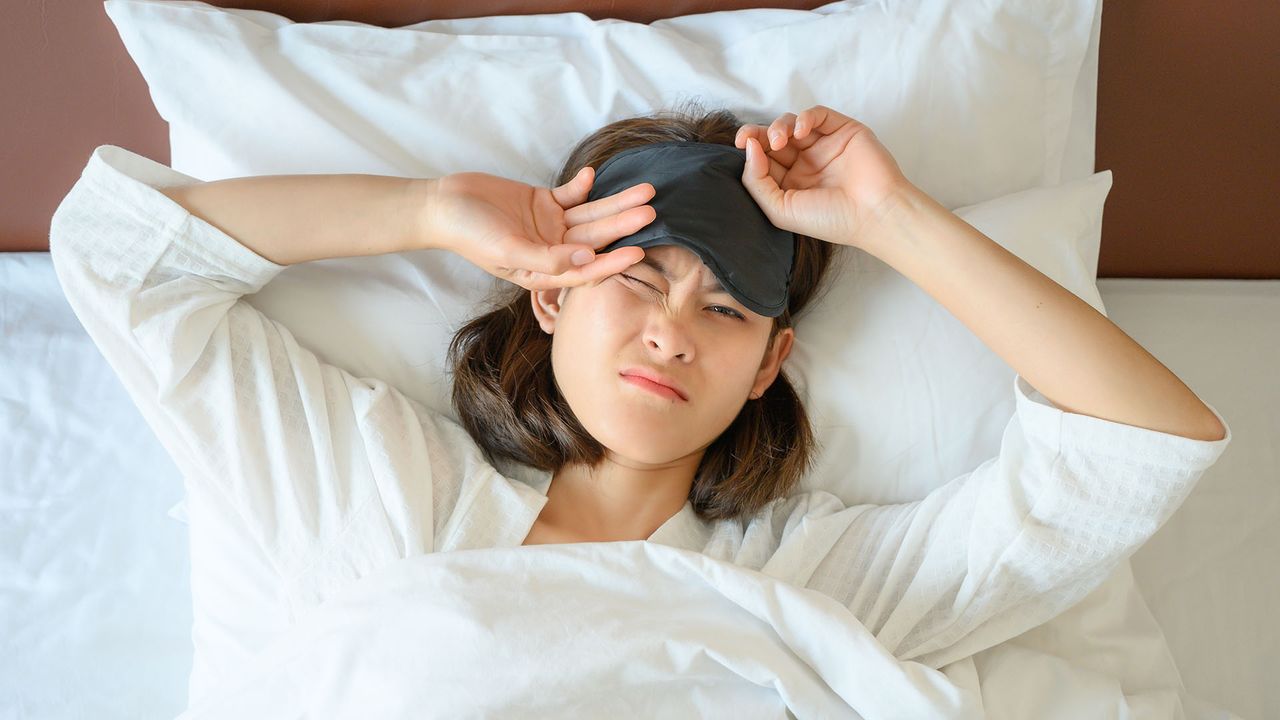Returning to school often means managing a hectic schedule filled with classes and study sessions. Many students find themselves sacrificing sleep during the week, only to attempt to recover on weekends. This phenomenon, known as “social jet lag,” affects a significant number of students, potentially impacting their academic performance.
Social jet lag refers to the misalignment between the body’s internal clock and external social commitments, particularly sleep patterns on weekdays versus weekends. Coined by researcher Till Roenneberg in 2006, the term highlights how modern life can disrupt natural circadian rhythms. A study conducted in 2022 involving almost 300 university students confirmed that many experience shorter sleep durations during the week and longer sleep periods on weekends.
Understanding the mechanics of social jet lag is essential. A consistent sleep schedule is crucial for maintaining a healthy circadian rhythm, which regulates sleep-related hormones like melatonin. Disruptions in this rhythm can occur when students adhere to a “social clock” shaped by academic commitments during the week and revert to a more natural sleep pattern on weekends. According to Roenneberg, over 80% of the population relies on alarm clocks, leading to accumulated sleep debt throughout the workweek.
Studies indicate that approximately 70% of students and professionals experience at least an hour of social jet lag weekly, with half facing two hours or more. This discrepancy can have serious repercussions on cognitive functions and academic achievement.
Impact on Academic Performance
The implications of social jet lag on students’ grades are significant. Chronic sleep deprivation and poor sleep quality can result in cognitive impairments, affecting memory retention and problem-solving abilities. Dr. Liji Thomas, a specialist in adolescent sleep patterns, highlights that disrupted circadian rhythms can lead to a downward spiral of sleep deprivation and cognitive challenges.
Research underscores the importance of sleep in the learning process. A lack of sufficient rest can diminish learning capabilities by as much as 40%. “Sleep deprivation hampers brain functions responsible for memory processing and retrieval,” noted Heather Darwall-Smith, a psychotherapist specializing in sleep.
Quantitative studies reinforce this connection. A study published in the journal Nature examined data from nearly 15,000 university students, revealing that 60% reported an average of 30 minutes of daily social jet lag. The findings suggested that increased social jet lag correlates with lower academic performance. Another study indicated that social jet lag adversely affected students’ grades during busy lecture terms, although this effect diminished during exam periods when students had more flexible schedules.
Strategies for Better Sleep
While social jet lag may seem unavoidable, experts recommend several strategies to mitigate its effects. Improving sleep hygiene and maintaining consistent sleep schedules are essential steps. Here are five products designed to enhance sleep quality for students:
1. **Lucid 4″ Gel Memory Foam Topper**: Priced at $86.02 on Amazon, this mattress topper offers comfort and support, essential for restful sleep in a dorm environment.
2. **Casper Back to School Bundle**: This product includes a mattress and accessories, currently available for $770 (originally $1,033). It provides excellent support for various sleeping positions.
3. **Loop Quiet 2 Earplugs**: Retailing at $20.95, these earplugs reduce ambient noise, allowing students to maintain focus on their sleep.
4. **Hooga Red Book Light**: For those who read before bed, this light minimizes blue light exposure, promoting better sleep. It is available for $12.99.
5. **SMUG Satin Sleep Mask**: Priced from $6.99, this mask blocks out light, promoting a dark sleep environment crucial for quality rest.
Implementing these strategies can help students combat social jet lag effectively. By prioritizing sleep and adopting healthy sleep habits, students can enhance their academic performance and overall well-being.
